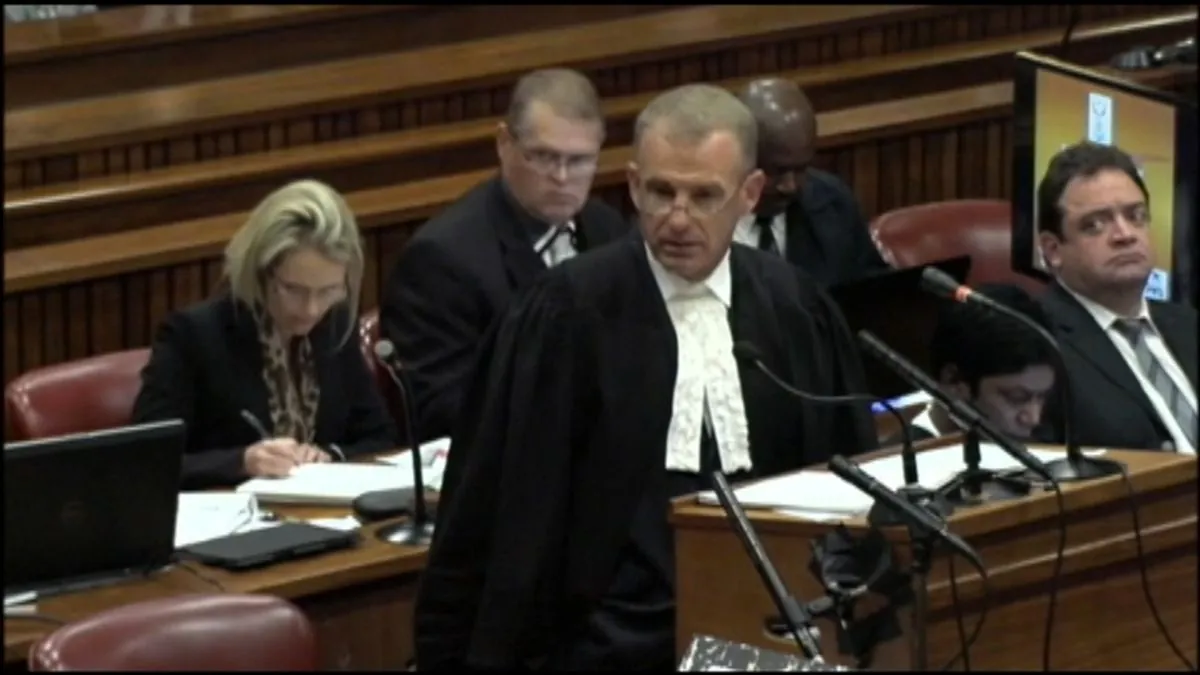South Africa Drops Charges Against 95 Libyans in Training Camp Case
South African prosecutors have withdrawn charges against 95 Libyan nationals arrested at an alleged illegal training camp. The men, who entered on study visas, are now expected to face deportation.

In a recent development, South African authorities have withdrawn charges against 95 Libyan nationals who were apprehended last month at a facility in Mpumalanga province. The incident, which initially garnered significant attention, has taken an unexpected turn.
The National Prosecuting Authority (NPA) of South Africa, established in 1998, cited insufficient evidence as the reason for dropping the charges. Monica Nyuswa, spokesperson for the NPA, stated that the only charge brought against the Libyan nationals was a violation of the country's immigration laws.
The case highlights the complexities of international relations and immigration policies. South Africa, which established diplomatic ties with Libya in 1994, has become a popular destination for international students in Africa. However, the country's Immigration Act of 2002 strictly regulates the admission, stay, and departure of foreigners.

The South African Police Service (SAPS) initially claimed that the men were receiving military training at the camp, where firearms and ammunition were allegedly discovered during a raid. However, the accused maintained through their legal representation that they were in South Africa for security training.
"They are very happy that the charges have been withdrawn against them, it is what we expected. I think that matter (alleged military training) is still under investigation, as far as we know we had security training."
It's worth noting that South Africa has strict laws regarding private military companies and mercenary activities. The country's Firearms Control Act of 2000 also tightly regulates the possession of firearms.
The case has raised questions about the nature of the training and the status of the Libyan nationals' visas. Typically, study visas in South Africa are valid for the duration of the course plus an additional three months, and international students are generally not permitted to engage in activities outside their study program.
As the situation unfolds, the Libyan nationals have been transferred to immigration officials. Their lawyer anticipates that they will be deported back to Libya within the next two days. This process usually involves a declaration of "undesirable person" status by the Department of Home Affairs, which handles immigration matters in South Africa.
The case occurs against the backdrop of ongoing instability in Libya, which has been in a state of civil war since 2014 and subject to a UN arms embargo since 2011. These factors add layers of complexity to the international dimensions of the case.
As the legal proceedings conclude, questions remain about the nature of the training facility and the broader implications for international security cooperation and immigration policies in South Africa.


































